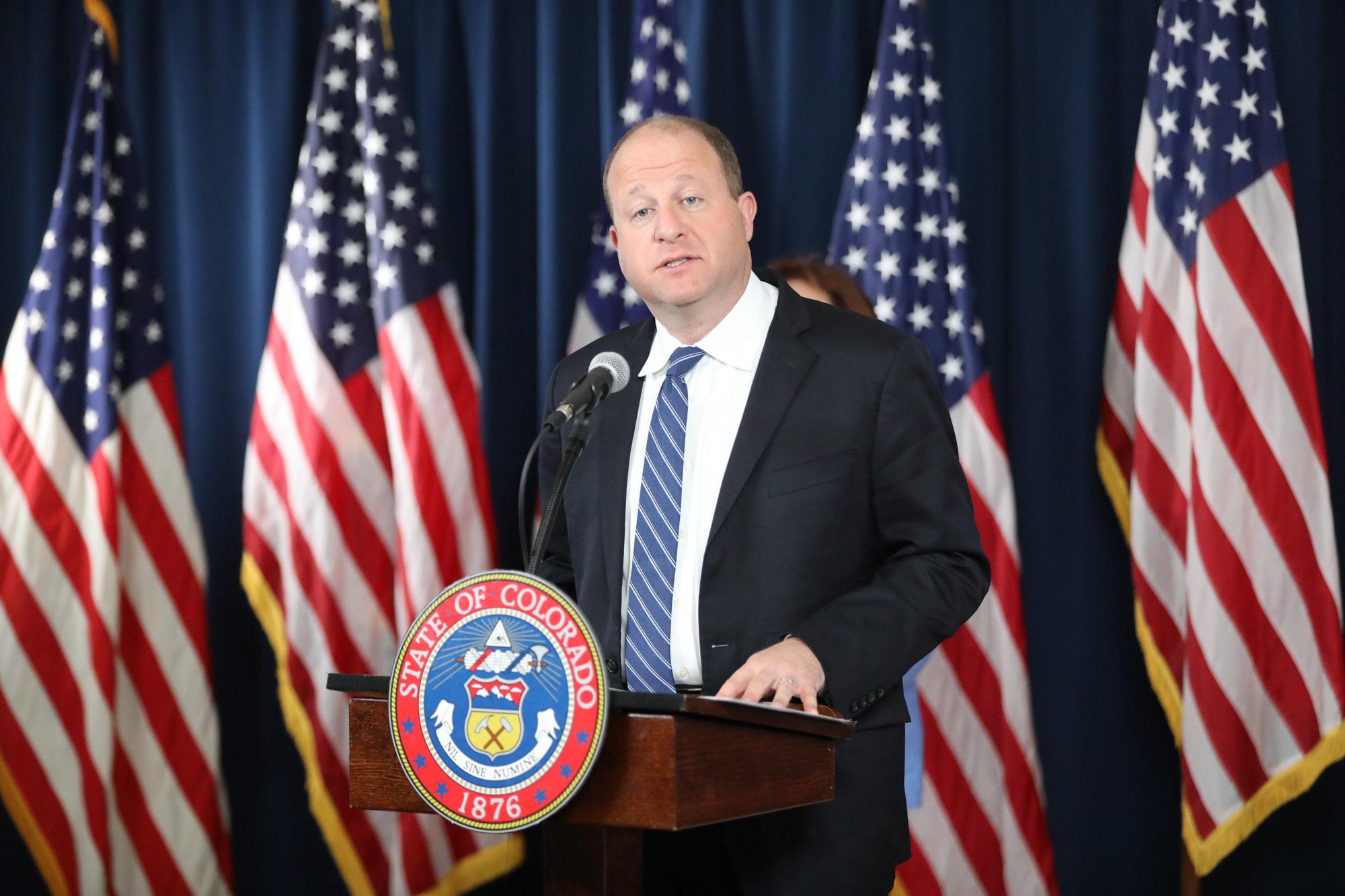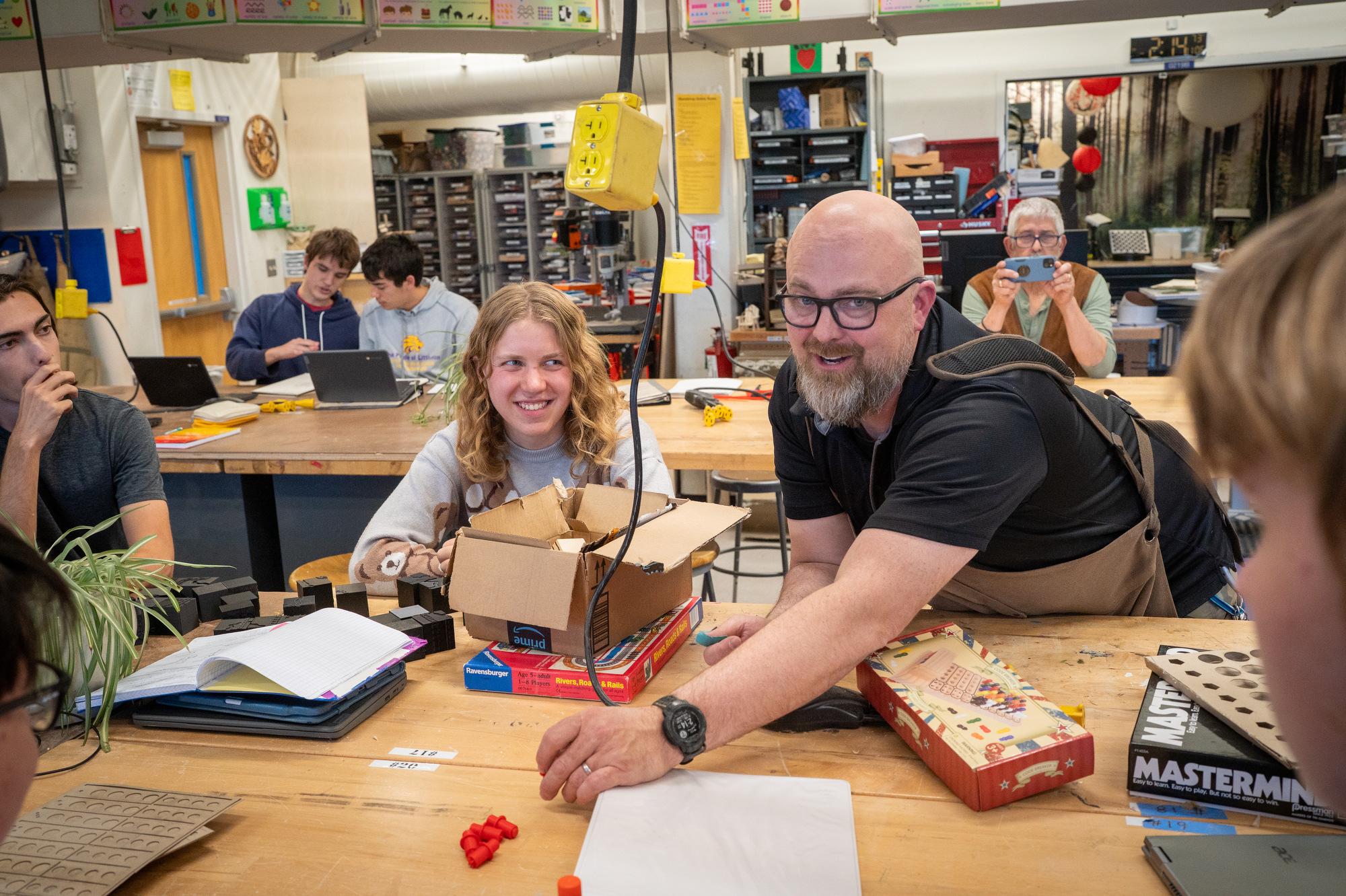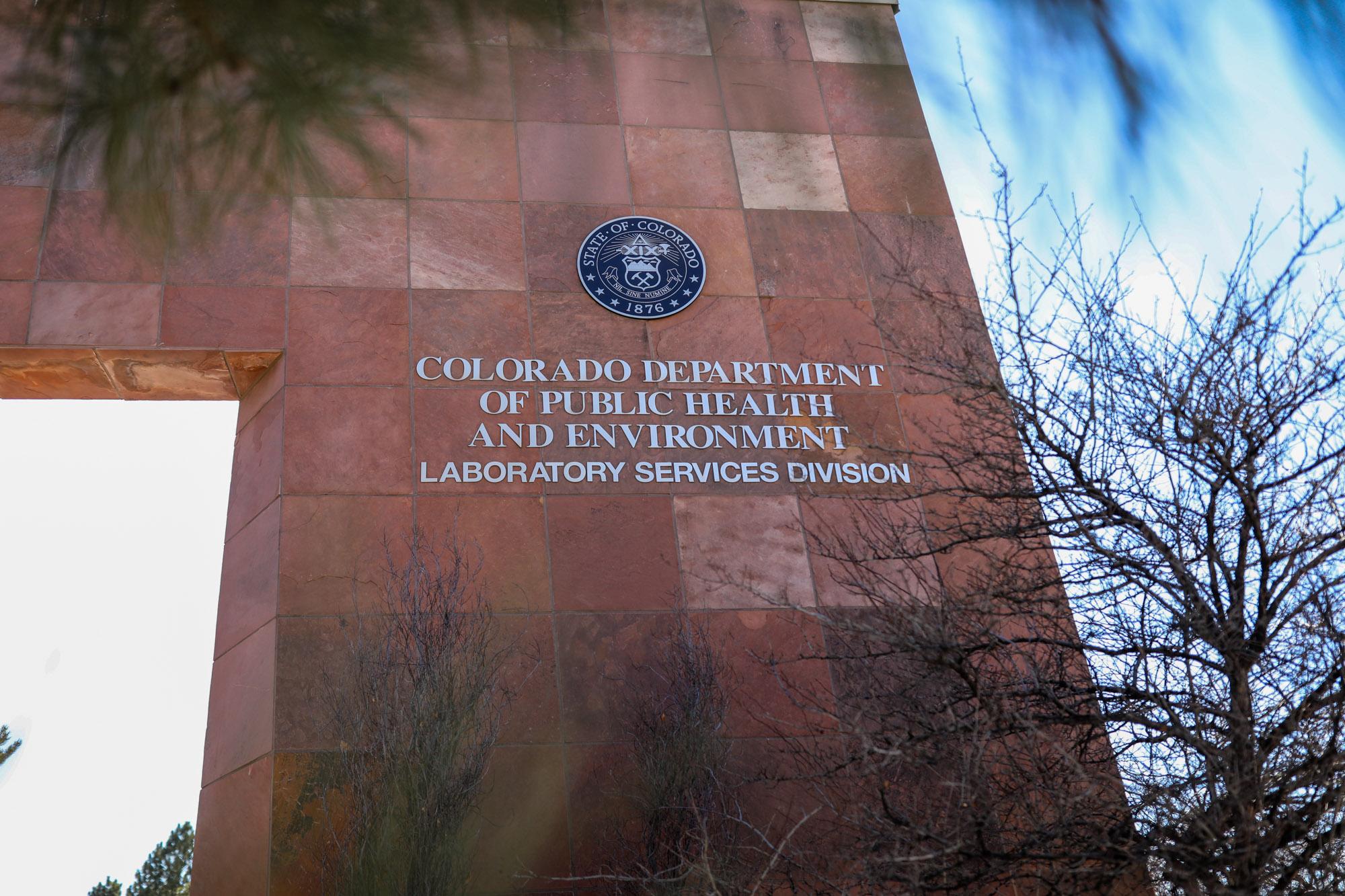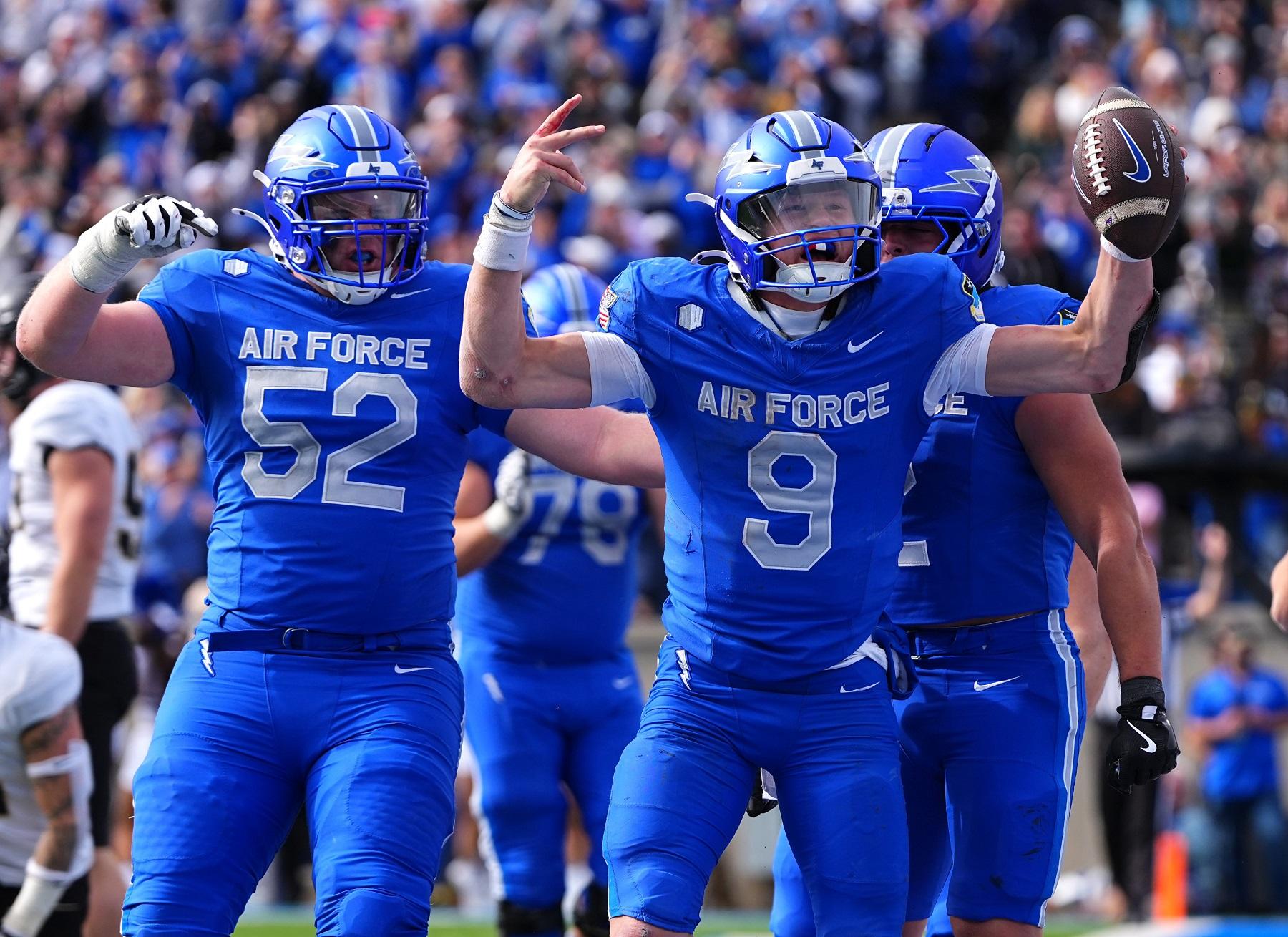
‘The emergency is over,’ according to Governor Jared Polis, who explained on Colorado Matters on Friday that vaccines have changed the COVID-19 landscape, rendering masks useful but not required in the state’s fight against the pandemic.
Meanwhile, Colorado continues to see a rise in hospitalizations and deaths among unvaccinated patients. With the state’s healthcare system overwhelmed by COVID-19 patients and staffing shortages, public health officials are worried another surge of infections may overwhelm already overworked hospitals and medical staff. And the emergence of the omicron variant in the state has introduced more uncertainty into the fight against the pandemic.
The Governor spoke about why he favors vaccination over mask mandates, despite many metro counties having implemented their own mandates to help control the spread of the virus. “Public health [officials] don’t get to tell people what to wear; that's just not their job,” the Governor said.
The Governor spoke about wildfire investigations in Colorado as climate change and population growth increase the likelihood of fires. Polis also pushed his plan for more electric vehicles to offset carbon emissions.
The following interview has been edited for clarity and length.
Ryan Warner: We often ask listeners to submit questions and for the last few months, the majority have asked why you won't impose a statewide mask mandate. We've recently seen a surge in cases and a shortage of hospital beds. Is there anything that would prompt you to return to a statewide order?
Gov. Jared Polis: Our top goal is always to follow the science, and there was a time when there was no vaccine, and masks were all we had and we needed to wear them. The truth is we now have highly effective vaccines that work far better than masks. If you wear a mask, it does decrease your risk of getting COVID, and that's a good thing to do indoors around others, but if you get COVID and you are still unvaccinated, the case is just as bad as if you were not wearing a mask. Everybody had more than enough opportunity to get vaccinated. Hopefully it's been at your pharmacy, your grocery store, a bus near you, [or at] big events. At this point, if you haven't been vaccinated, it's really your own darn fault.
Warner: It has been about a year since the first doses of vaccine arrived in Colorado. You see the arrival of the vaccine as the end of mask mandates statewide. That's your position?
Gov. Polis: We see it as the end of the medical emergency. Frankly, people who want to be protected [have gotten vaccinated]. Those who get sick, it's almost entirely their own darn fault. I don't want to say that nobody [will get the virus if they’re] vaccinated, but it's very rare. Just to put it in perspective, of the about 1400 people hospitalized, less than 200 (or 16 percent) are vaccinated. And many of them are older or have other conditions. Eighty-four percent of the people in our hospitals are unvaccinated, and they absolutely had every chance to get vaccinated.
We're talking, as you indicated, a year since the vaccines [became available]; everybody has had the chance to get vaccinated. And at this point, I think it's almost like they made a deliberate decision not to get vaccinated. I still encourage everybody who hasn't been vaccinated to get protected. And for those who are, make sure to get that booster after six months. The data shows it's important and very likely even more so with this omicron variant.
Warner: And with that variant — which seems to spread quite easily — that does not change your mind about a mask mandate?
Gov. Polis: The data we have so far shows that the vaccines do hold up well against the omicron variant. Obviously, if that changes, we want to look at what other techniques we could use to reduce the spread of the virus. We want to see what new information emerges about the omicron variant and how well vaccines and natural immunity hold up to it.
Warner: We got a comment on Twitter from a nurse who asked not to be identified because she says she has been harassed online by people who blame health care workers for the pandemic. She wrote that she has worked approximately 470 days in a COVID unit and wonders why there is no statewide mask mandate right now.
You have said that vaccines make masks less relevant, but public health officials talk about the “Swiss cheese” model to fighting COVID, which is that no one solution is a silver bullet, and masks and vaccines ought to go hand in hand. Before we move on to another topic, I want you to speak directly to her, exhausted in a COVID unit.
Gov. Polis: Well, thank you to all of our health care heroes. This has been an extraordinary two years. We support you. We have your back. We're doing everything we can to add hospital beds, if needed; and augment the staff — FEMA staff, in some cases — so folks can take their breaks and take their days off. She sounds like she has some hostile people who Tweet at her or blame her. That's not how most Coloradans feel. I want to make sure she knows that most Coloradans have a profound sense of gratitude for the work of our health care workers.
Warner: It's lovely of you to celebrate a health care worker, but if you will address the meat of her concern, which is if you are going to do everything in your power, make masks mandatory statewide.
Gov. Polis: That's the kinda thing I didn't hesitate to do in the emergency. The emergency is over. You know, public health [officials] don’t get to tell people what to wear; that's just not their job. Public health [officials] would say to always wear a mask because it decreases flu and decreases [other airborne illnesses]. But that's not something that you require; you don't tell people what to wear. You don't tell people to wear a jacket when they go out in winter and force them to [wear it]. If they get frostbite, it's their own darn fault. If you haven't been vaccinated, that's your choice. I respect that. But it's your fault when you're in the hospital with COVID.
[Editor's note: in a statement released by the Governor's office after this interview aired, the Governor said that "he was referring to the state role" in implementing mask mandates in Colorado. "Of course," the statement continued, "he believes that local leaders can and should put disease reduction protocols in place based off their disease levels and community support for those policies."]
Warner: Harold Birch, who lives in Delta County, recently spoke with our health care reporter, John Daley. When Birch had intense stomach pain, the doctor said he would normally send Birch to the nearest hospital, but it was full. Birch would probably have to wait hours in the ER with people who had the flu or COVID symptoms. So Birch, who said he is vaccinated, stayed home. When you hear a story like that, what do you think about someone who has been told it is not wise to go to the hospital because of capacity.
Gov. Polis: First of all, people should know that the Delta variant is not named after Delta, Colorado. I want to make sure people know that right off the bat. Second of all—
Warner: Wait — do people think that?
Gov. Polis: I've heard it a number of times so it's important to make that clear. It's the Greek letter, Delta, not the town of Delta in Colorado or Delta County.
It was a worse problem a year ago: people were being deterred from their normal health care needs because they were worried about going out, worried about contracting COVID. Here's the most important advice I can give to my fellow Coloradans: if you are suffering from something that you would have sought emergency medical treatment for in 2018 or 2019, before you heard of COVID, you should seek it out today for the same reason. Do not defer your health care needs because you think it's not as important as something else.
Warner: So you, you think in that case Birch, and perhaps his health care advisor, made the wrong choice there?
Gov. Polis: Absolutely. I would give him [the] opposite advice. I would say, if you — and I don't know the specifics of what he shared with his advisor. Maybe his advisor, in a nice way, was saying: you don't need to go to the emergency room. But what I would say: don't let this pandemic affect your decision to get emergency health care. If it's something that you would have gone in for in 2019, it's something you should go in for today.
Warner: We have talked about those who remain unvaccinated. There are a whole host of reasons, misinformation being one of them, nearly two years into the pandemic. Do you have any better sense of how to fight [misinformation about the vaccines]?
Gov. Polis: It's a lot larger than you and me, Ryan. I mean, you've worked tirelessly as have many members of the Colorado media to get good information out. I certainly feel that I have burned a candle at both ends to do that with social media, and press conferences, and everything else. But the truth is there's this alternate misinformation universe. There are people that believe you and I are part of some massive conspiracy, Ryan. Some of them believe there is no COVID; some of them believe the vaccine doesn't work; some believe that the vaccine has severe side effects. The truth is they're in their own bubble, and it's very hard to penetrate.
Warner: I want to ask you now about an important case the U.S. Supreme Court is considering. It could weaken or even end Roe v. Wade, leaving states to decide how to regulate abortion. In Colorado, abortion is not a crime, but there isn't precise language that legalizes it, either. A group of lawmakers is planning a bill to specifically state that abortion is legal here, perhaps including protections for other reproductive rights. Do you support the fundamental idea of enshrining abortion access into state law?
Gov. Polis: I haven't seen any particular bills that you're talking about —
Warner: I know that that bill isn't drafted, but it's the fundamental idea of whether —
Gov. Polis: Well, fundamentally, [it’s] no secret I'm pro-choice and I believe a woman should be able to have control over their own reproductive decisions. Fully. That’s something I support. I want to do whatever I can to protect a woman's right to choose.
Warner: So you would be inclined to sign a bill in general that specified that abortion is legal in Colorado?
Gov. Polis: Abortion is legal in Colorado. I don't get to sign bills, in general, Ryan. I sign specific bills that say something. And so I can never comment on a bill that hasn't been written, or that I haven't seen, but I want everybody to know that, of course, I protect a woman's right to choose. However that is done, if court precedents are not enough, if there are laws that are needed, I'm open to that discussion.
Warner: I would like to turn the conversation to wildfires, now. As you know, there were two fires in the mountains west of Denver on the first weekend in December. Matt Speth, a listener from Denver called in to ask this question: “Colorado has worse outcomes when determining wildfire causes than other Western states. With increases in the size and severity of wildfires in Colorado, and increases in both the state's population and the amount of people recreating in national forests, what is the governor's plan to protect Colorado's natural places and its people from wildfires?”
Experts say if you can track the causes of fires, and analyze the data, you can be better at prevention. What can the state do to better investigate fires?
Gov. Polis: Certainly, investigating a fire after it occurred — the desired outcome is preventing it from occurring in the first place. The state only has one full-time fire investigator. There's also a canine unit that has that capability assigned to it.
The first line [of defense] is always the local law enforcement, and we do have four additional certified wildland fire investigators and two certified structure fire investigators, but they do need to be called in by the local jurisdictions and asked to help. We have to have a real conversation about what resources are needed given the number of fires we're having, and the increased incidents at both the local level and the state level, to hold people accountable for the small minority of fires that are deliberately started. [We want to] also use the information from the larger number of fires that [are] accidentally started to institute better practices in buildings, in camping areas and in other areas to prevent additional fires from starting.
Warner: That's a conversation you want to have, but is there any specific source of funding or maybe collaboration with the federal government given how much —
Gov. Polis: More funding is needed, of course. I support that, absolutely. We just have to see the caseload that people have and can adequately investigate. We need to make sure that we have the ability to follow up on every fire that the state is asked to assist with. And then we have to get a sense of what the local capabilities are in different cities and counties across the state. Some are more able to do those investigations than others.
Warner: Is this something that you're looking into after hearing the CPR investigation?
Gov. Polis: Yeah, that was a good eye opener with regard to making sure the state has the investigative — I think the only piece that it was missing, Ryan, is that the local governments are the frontline investigators. The state only comes in when asked on these fires that are elevated.
Warner: And to the second part of Matt's question, what is your plan to protect Colorado from wildfires, or reduce their impact going forward? You mentioned, for instance: building codes. What movement might you like to see there, or in other arenas?
Gov. Polis: In the last legislative session, we were able to get record investments directed towards fire prevention, mitigation and firefighting; the purchase of a Firehawk helicopter, which we should have in the next year; [and] early interdiction. We announced $6.5 million in grants, 42 applicants across 25 counties to boost wildfire mitigation efforts, often including building defense perimeters and additional work. We also enable inmates with fire service experience to be able to work and get compensated and work details, and get a job when they get out.
There's a broad range of approaches, both investment [in] workforce issues [and] training to really up our game for [the] two reasons that we're facing increased fire risk, Ryan, and they're both likely to continue. One is climate change. The second is increased population and usage of wildland-urban interface areas. So those are the two reasons we expect both trends to continue, and the state needs to get ahead of the curve on response.
Warner: There is a flood of new transportation money from the federal government and from the state. The Colorado Transportation Commission will vote soon on a new rule that looks to cut greenhouse gas emissions by changing the kinds of projects the state pays for. If a new road is going to bring new traffic and new pollution, for example, cleaner projects, including transit, might have to be built to offset that. The key question this poses is whether to keep funding highways and highway expansion, when that almost always leads to more cars on the road. Fundamentally, Governor, can the state keep building roads and meet its climate goals? And if so, how?
Gov. Polis: How we get places is a key part of achieving our climate goals. We are one of the leaders in electrification of our vehicle fleet. In fact, last month it was reported that 9 percent of vehicles in Colorado were electric vehicles. That's a 50-percent increase from the year before. We hope to accelerate that even more with some of our clean air investments, including electrifying school buses and additional support for people who want to switch over to e-bikes, or other more efficient ways of getting to and from work or play.
Now, your question about how we look at new road projects is a good one, and I think that the path the Department of Transportation [and] the Transportation Commission is taking is a good response to those concerns. Because what they're saying is: if a particular project leads to additional vehicle miles traveled, how can we make sure that we mitigate that impact and improve our overall air quality and reduce our overall carbon emissions?
Warner: Are you saying that there need to be fewer vehicles on the road overall? I mean, I know that electrification is an important avenue for you.
Gov. Polis: Electric vehicles are great. I want them to be a higher percentage. People should know this: [electric vehicles] draw power from the grid, which will be 80 percent renewable by 2030. But even if you had a grid that was heavily reliant on coal — and we still do rely on coal for part of our grid — that is a far more efficient way of converting fossil fuel into energy than a distributed internal combustion engine in a car. Even with what the grid is today, electric vehicles fully loaded with all of their emission costs, are going to have 20 percent or less of the total emissions of a gas vehicle with an internal combustion engine.
Warner: Is any part of your approach to climate change getting fewer people to drive, no matter the type of car?
Gov. Polis: Well, if people drive electric vehicles, that is a priority in transportation. We certainly want to make sure there are more options available. That's a big part of our Main Street investments, the support for e-bikes. Meaning, how can we make sure that we are transit-friendly for people who live three miles from work and want to bike when the weather is good. Let's make sure that's a possibility. For people who want to have bus lanes and bus rapid transit available, where it's possible? How can we make our towns more pedestrian-friendly, scooter-friendly?
We've pushed out about $40 million in Main Street investments. If we can make our downtown areas and our commuting routes pedestrian-friendly, bike-friendly and transit-friendly, there are a lot of folks who [would] want to utilize those options to get to work in a more efficient way and a less costly way.
Warner: More than a dozen teenagers were shot in Aurora in a matter of days around Thanksgiving. Governor, I know Mayor Mike Coffman in Aurora has asked you for some statewide help in addressing youth violence in his community. Are you going to give it to him? And if so, what might it look like?
Gov. Polis: I don't know what that specific request is. They have not requested help on the investigative or law enforcement side. This has been a really sad few weeks and so far it's my understanding that the victims are recovering, but some of them, their lives will be affected — they will be unable to play high school sports, and they will have some degree of disability throughout their lives. It's one of the reasons that we are proposing a record-size investment in public safety, including youth diversion and initiatives to reduce recidivism and improve our public safety workforce. Crime is a problem that needs to be addressed, both at the local level and by the state legislature.
Warner: There are a lot of investments in your proposed budget in prevention strategies — $48 million, for instance, for behavioral health initiatives, millions for prevention programs in schools. But critics say that approach isn't strong enough, given crime trends. They say there should be more emphasis on hiring cops and increasing enforcement. The idea that they propose is you need to take the bad guy off the street. What's your response?
Gov. Polis: Yes. It's all of the above, right? The best way to prevent a crime is before it occurs. And that means there's no victim. Of course, holding a perpetrator of a crime accountable after the fact is also extremely important. Keeping them off the street so they can't commit another crime—
Warner: And do your investments reflect that?
Gov. Polis: Yes, it includes helping with recruiting and retention of law enforcement to make sure that we can recruit and improve the quality of our officers of the peace, our police and sheriff's deputies. [As well as] increasing the size of the Colorado Bureau of Investigations, as well as the state forensics lab, to be able to turn around evidence quicker and get convictions. Those are all part of our proposed investment.
Warner: Governor, thank you for your time. I appreciate it.
Related stories
- How humans start most of Colorado's wildfires — and get away with it
- Polis signals Colorado will improve the resources given to wildfire investigations
- Colorado patients and providers alike are frustrated, angry and worried as COVID cases pack hospitals across the state
- How Colorado is looking for omicron, and what you can do to contain the spread









